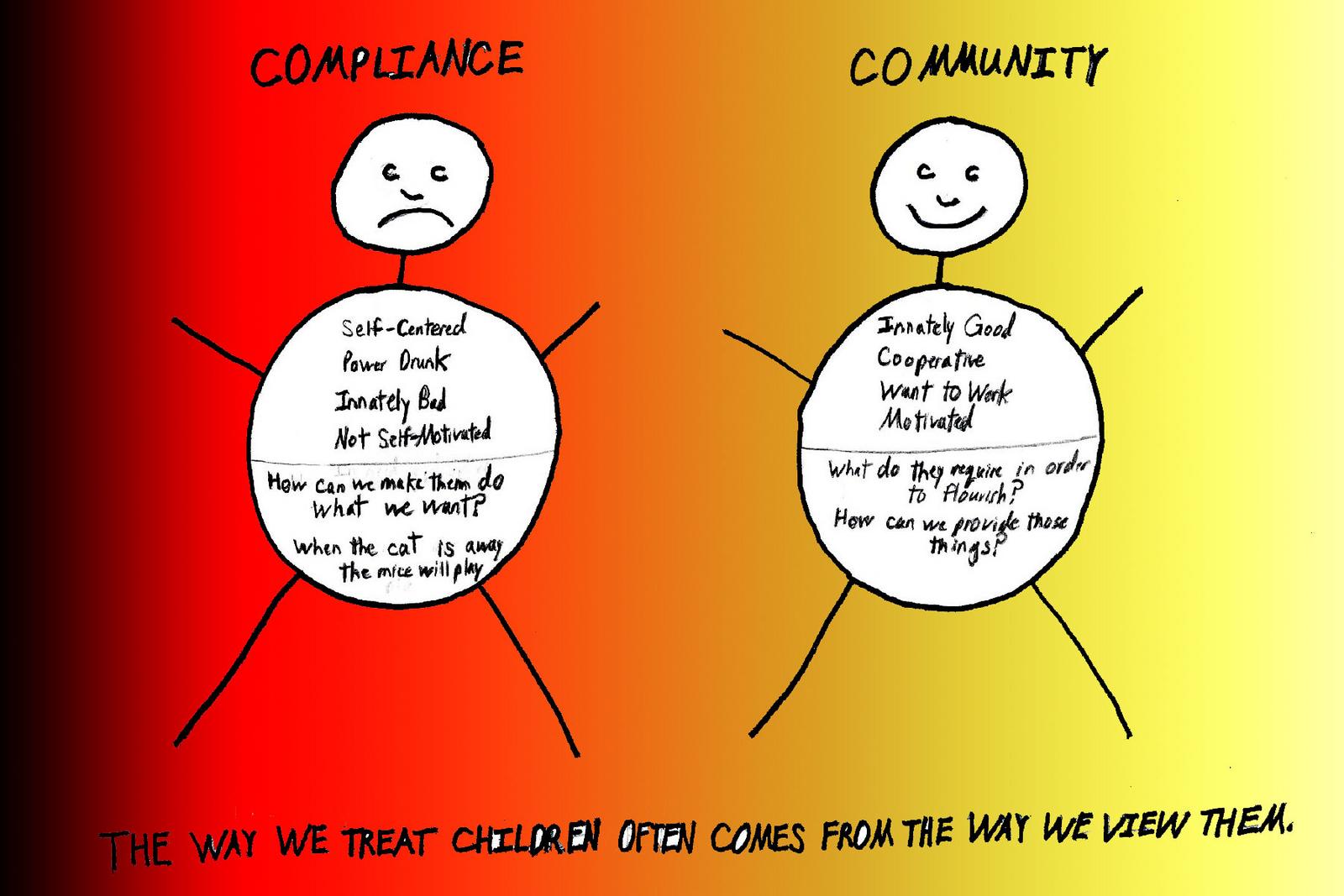TwistyysTea
Wednesday, October 15, 2025
Monday, October 6, 2025
What to Look for in a Classroom- Alfie Kohn- thoughts
What to Look for in a Classroom- Alfie Kohn- input
Sunday, September 28, 2025
Delpit, The Silenced Dialogue- Response
Delpit, The Silenced Monologue- review
Saturday, September 27, 2025
Sleeter Article input
Sleeter, The Academic and Social Values of Ethnic Studies- my entry
Reading this article, I noticed many similarities to not just the video we watched in class but also my own life experiences. In the video from class, the main focus of the class was to teach students about the culture and background of ethnic studies. For a lot of the students, this helped validate them and teach them more about who they are as a person and their history. When I was in my k-12 classes, I never really learned about Native Americans or the true history of the culture yet was always taught about Thanksgiving. After learning the events of Thanksgiving and how the Natives were beheaded, killed, and toyed with was truly heartbreaking. What was even more heartbreaking was the fact that I learned that part of history from my grandmother telling me. Schools and the government have a way of making it seem like the United States is never in the wrong which is far from the truth. They make it seem as though everyone else is the enemy or that others start stuff first. They don’t like for people to learn the truth about history yet they can’t take away the fact that it happened!
During the video we watched in class, the school board guy was just mad that the students were learning about how badly their ancestors were treated and what they had to go through. They don’t like for people to recognize and learn the mistreatment and the need for change. One part that really stood out especially during the video is when they say “Who many of us would consider a thug.” That part made me feel some sort of way because who is he to say a broad statement but yet if the roles were reversed then it’s a whole story. Going against the grain of the American way is highly disliked and frowned upon which is frustrating to see. In class we also did an assignment where we got educated on a topic then taught it to others. One thing I found out is that there were people from my group who had never heard about the history of the Native American schools which was so shocking and sad because of the importance of history it has. Seeing the same things being repeated is just even more upsetting because it leads me to wonder will anything ever really change and if so, when?
Wednesday, September 17, 2025
Shifting the Paradigm thoughts-
While reading 'Shifting the Paradigm from Deficit to Asset based models' I was able to think back to my own K-12 years and think about what my schools were like. I feel like for elementary school it was definitely definitely more deficit based. Almost every class I had used behavior charts which I am not a fan of whatsoever. (We talked about behavior charts in class) Adding to that though, I feel like that system wasn't very positive because it caused a lot of anxiety not just for myself but also my other classmates I noticed. By basically reducing a student to a color takes away all the creativity they have and essentially their voice. To have a child/student be punished by changing their color because they may have been having a bad day RATHER than trying to figure out if perhaps something at home happened, or maybe they just woke up not feeling well- isn't right.
I have one specific experience that I want to share from when I was in elementary school. In 4th grade, the teacher would hand out extra breakfast at the end of the day as we were leaving. At this time, I had slight food insecurity but also was just really hungry. So, she handed out extras to kids who answered questions correctly and it was safe to say I didn't get any. When everyone had left the classroom I tried to be sneaky and take a muffin with me. (Granted, I knew it wasn't right and was- to some degree- stealing, but I just really wanted it and was hungry.) The teacher ended up finding out it had it in my pocket and made me put it back and told me that she "couldn't trust me" and that as one of her best students that I really disappointed her. I was DEVASTATED. I felt so guilty. She never let me explain myself either and she had me walk next to her while leaving for a few days/ a week after that. I still remember crying while walking next to her and apologizing and she would ignore me and talk to the other teachers and tell them what I did. Which in turn, made them all be like "oh my... not Talis. How could she." I was just so embarrassed and hated that class so much after. All of this is to say, if she would have been more asset based towards me and maybe actually had a conversation with me about why I did then I feel that would have been 10x more beneficial for us both. Cause I would have been able to tell her what was going on AND she would've been able to tell me in a more positive way that although taking the food was "bad" to just talk with her about next time and we could have came up with a solution together.
One quote that I really enjoyed from the reading is, "However, a school that focuses most of their energy on asset development will naturally be working toward risk reduction as well." I like this quote because of how simple but also factual it is. In taking the time to figure out students' strengths and weakness, you're aiding in creating a better environment where they feel safe rather than one where they feel they may need to have their guard up, be defensive, or aggressive.
Sunday, September 7, 2025
What Counts as Educational Policy- by Jean Anyon.
Jean Anyon's article "What Counts as Educational Policy?" resonated with me very much because it highlighted how education cannot be separated from larger economic and social forces that help shape and create communities. Anyon argues that housing, labor, healthcare etc are JUST as much "educational policy" as testing or even curriculum decisions because if you think about it they directly impact what happens in schools! Growing up in Providence, RI for just about my entire life I was able to see how those connections played out. I drew a line between the reading and my personal life because I was raised in different neighborhoods that leaned slightly more toward the poverty end sometimes. Many families around me faced different challenges everyday like unstable housing, low-paying jobs and sometimes just limited access to resources.
According to Anyon, the things I previously mentioned were not just "background conditions" they were policies and structures that affected students' abilities to succeed in schools. For example, if a family struggles with rent for one month or struggles with transportation, then that would affect their child or the students' attendance or their focus. For some, it may affect their ability to get the school supplies that they may need for specific classes. Providence schools among with others have faced (and may currently be facing) funding and/or resource issues. I was fortunate enough that despite my own troubles I was given the opportunity and ability to succeed throughout my schooling which makes me think about a point that Anyon had brought up that while schools schools and teachers/professors on a more individual level may be able to make a difference, the system wont be fair for all until the inequality aspects of it are addressed and changed!
Ending off, after reading Anyon's argument, I feel like it helped me to better understand just exactly how my own experiences with the schooling systems affected me and the impact they had. Also, it helped me realize that it wasn't necessarily the school(s) fault, but the systems in place with the schools and the structures that they had to follow.
Wednesday, September 3, 2025
History of the American School- my thoughts
Firstly, in the video we watched, " A Short History of Public Schooling - Excerpt from the film Class Dismissed" I did not know that Horace Mann was an ACTUAL person. It does make sense though but that really shocked me for some reason.
I really really enjoyed the reading of "The Broken Model Chapter 2- Khan" and video this week. I feel very passionately about schools and the systems that are set in place so being able to read some of the thoughts I have had was validating. Reading the passage reminded me of a video I watched in my English class in middle school. The video was about a man suing the education system! (Not really- but it's such an amazing video). I have had my family watch the video every time I remember it (genuinely, just last week). The man in the video goes on to explain how school systems do not always have the best interest of students. Adding to that thought, he goes on to explain about standardized tests and the loss of being able to express creativity in classrooms and how that transfers outside the classrooms. One thing I also like about the video is he starts is of with a quote to which he says "If you judge a fish by it ability to climb a tree, it will live its whole life believing it is stupid." Who exactly said the quote (although it's said Albert Einstein but no solid check on that..) or where it came from is unfortunately something I do not know, but I do know that after hearing it, I always had it in my mind.
I believe that as time goes on and people and technology advance that new systems should definitely be placed in schools. There should be more alternative learning ways because every kid is so different and unique and what works for 5 kids may not work for a different 2 kids and vice versa. To some degree, teachers are like the doctors and lawyers of school. They work to ensure that the students who are in their building are safe, and advocated for. To expect students to sit still for hours on end throughout the day and stay quiet and try to memorize seems silly and inefficient and not a way to be engaging and make it enjoyable for them to want to continue coming back.
-
While reading the passage, I was able to think of a personal connection I have with it, mainly the class part. I constantly try to tell fri...
-
Delpit, The Silenced Monologue- review While reading I just kept getting more and more shocked. Lots of phr...
-
Jean Anyon's article "What Counts as Educational Policy?" resonated with me very much because it highlighted how education c...


.jpg)





.webp)


